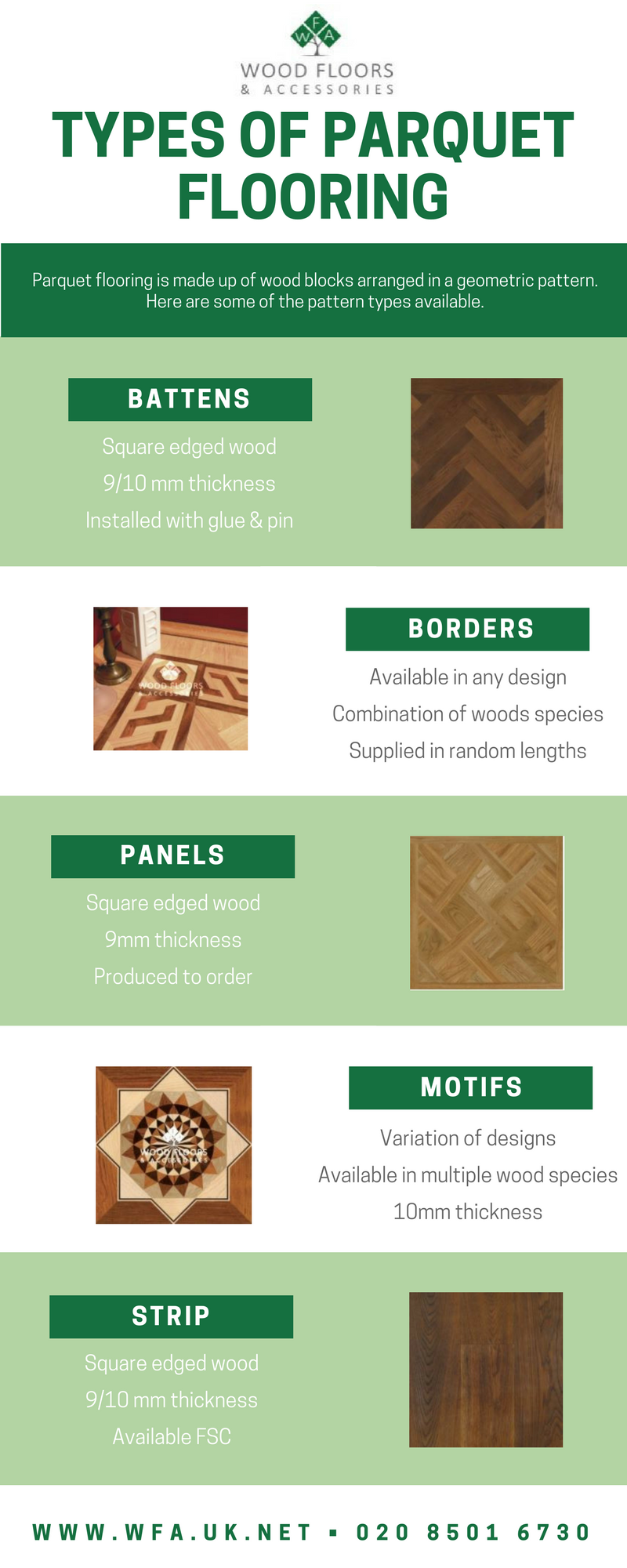How To Allocate Your Floor Covering Project: A Practical Guide
How To Allocate Your Floor Covering Project: A Practical Guide
Blog Article
Material By-Leach Kamper
When you're preparing a floor covering job, budgeting isn't almost picking a number; it has to do with comprehending what you really need and the expenses involved. You'll intend to assess your specific requirements, research study numerous products, and expect unforeseen costs. Think about how elements like area function and setup techniques can affect your budget plan. However prior to you jump in, there are some important information you could overlook that could significantly impact your total expenses. Allow's check out just how to navigate your1dayfloor and guarantee your project stays on track.
Assessing Your Floor Covering Needs
Before diving right into your floor covering job, it's essential to analyze your flooring requires. Begin by thinking about the certain locations where you prepare to mount brand-new flooring. Consider the objective of each space. For instance, kitchens and bathrooms call for water-resistant products, while living areas could benefit from convenience and aesthetics.
Next off, assess the existing conditions of your floorings. Are there any kind of structural concerns, such as unequal surface areas or moisture problems? Resolving these problems early can save you money and time down the line.
Also, keep in mind of the dimensions of each room to determine just how much flooring you'll need.
Don't forget to consider your lifestyle. If you have family pets or young youngsters, longevity may be your top priority, while a more formal room may ask for an elegant coating. In addition, consider your layout preferences. Do you can try this out favor a classic look, or are you drawn to contemporary styles?
Finally, be reasonable concerning just how much maintenance you're willing to dedicate to. Some products require more upkeep than others. By understanding your needs clearly, you'll be better furnished to make informed choices as you move on with your floor covering job.
Estimating Expenses and Products
Approximating costs and products is a pivotal step in your flooring project that can considerably affect your overall spending plan. Start by gauging your area precisely to establish how much floor covering you'll need. For the majority of materials, you'll locate rates by square foot, so collect quotes from various vendors to get a practical figure.
Next off, consider the kind of flooring you desire. Choices like hardwood, laminate, tile, or rug all come with various cost factors. Research the expenses for each and consider any type of added materials like underlayment, glue, or shift strips.
Do not neglect to include tools if you're planning a DIY installation, as renting or buying devices can include in your costs.
Labor costs are one more essential consideration. If you're working with experts, get quotes from numerous professionals to ensure you're obtaining a reasonable price. Be clear regarding the extent of job to prevent unforeseen charges later on.
Lastly, it's important to set aside a little percent of your allocate any type of unanticipated costs associated with materials. By extensively approximating your prices and materials ahead of time, you'll establish on your own up for a smoother and more workable flooring job.
Planning for Hidden Costs
Many house owners ignore the hidden costs that can emerge throughout a flooring project, which can lead to budget plan overruns. To avoid this, you need to plan for prospective added prices.
Initially, think about the problem of your existing subfloor. If it's damaged or unequal, you'll likely require repair work or leveling, which can include dramatically to your total expense.
Next, consider removal and disposal fees for your old flooring. Many professionals charge additional for this service, so variable that into your budget plan.
In addition, don't forget the prices of underlayment, which may not be consisted of in the preliminary quote yet are essential for an effective setup.
You should likewise plan for unexpected complications, such as plumbing or electrical job if your flooring job entails relocating components. It's important to reserve at the very least 10-15% of your total budget for these unexpected expenses.
Last but not least, keep in mind that licenses may be needed for sure setups. Always inspect regional laws to stay clear of fines or delays.
Verdict
In conclusion, budgeting for your flooring project is crucial for a successful outcome. By analyzing your needs, estimating costs, and preparation for surprise expenditures, you'll prevent surprises and stay on track. simply click the following site in mind to set aside a part of your budget for unforeseen prices and keep an in-depth malfunction of your expenses. With careful planning and consideration, you'll develop a stunning area that satisfies your needs without breaking the bank. Pleased flooring!
